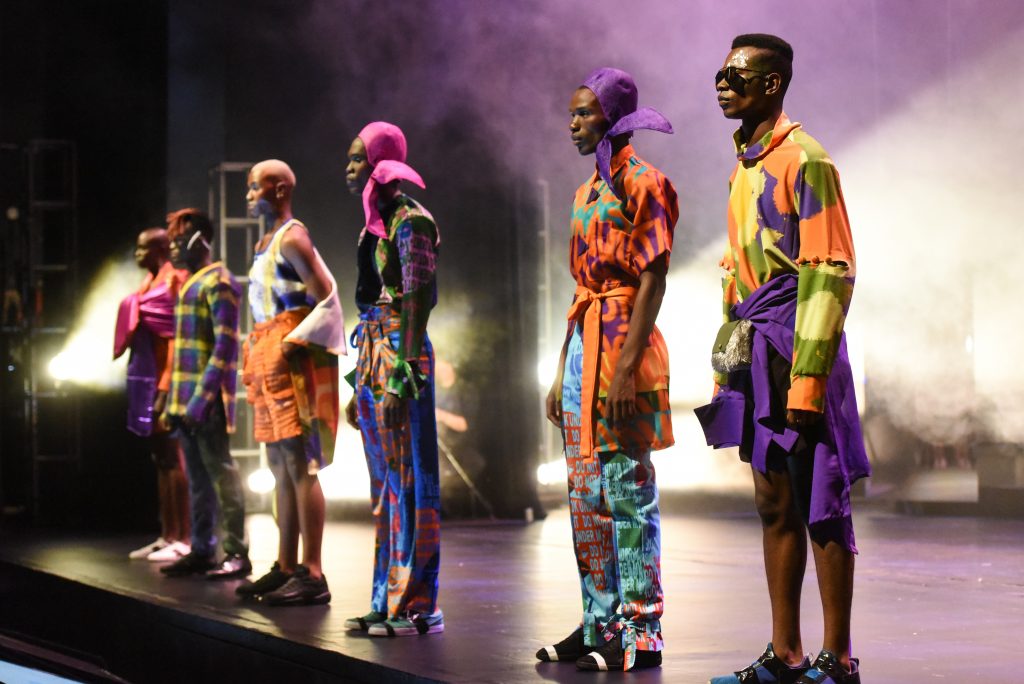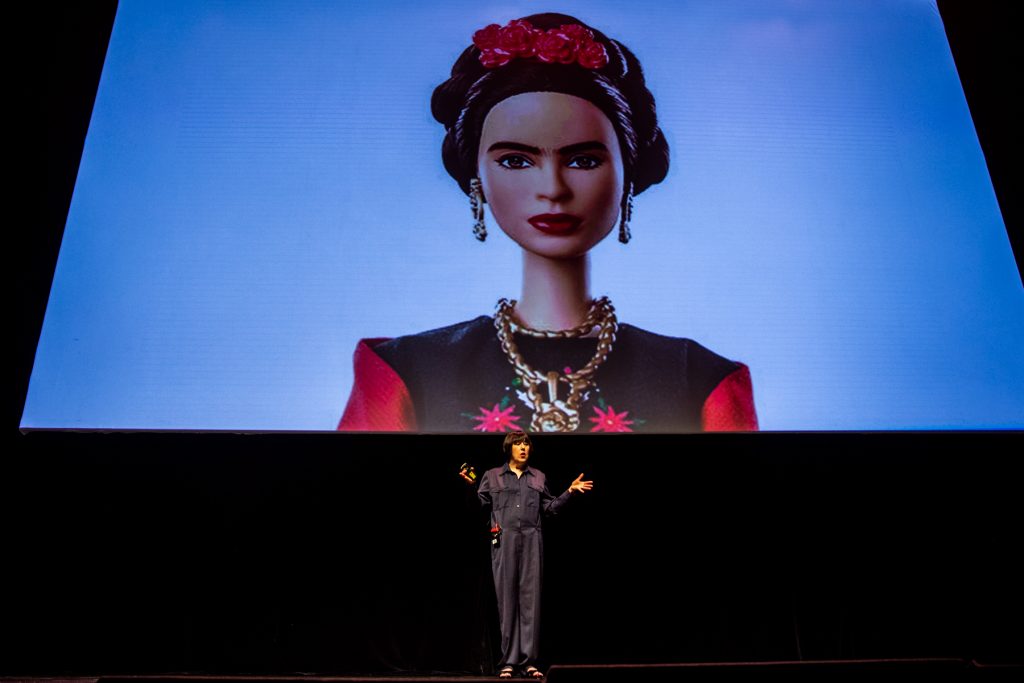Design Indaba Expo 2010: Haldane Martin
Dramatic contours of Nature-inspired forms by South Africa’s most renowned furniture designer

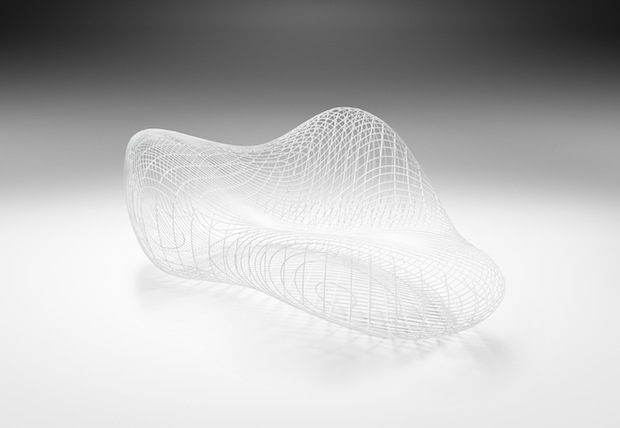
Launched at the recent Design Indaba, Haldane Martin‘s Baba Papa Lounger (above) was one of the highlights of this year’s exposition. The undulating, meshed structure, manufactured from roughly 80% recycled stainless steel wire, was inspired by the worn surface of beach pebbles. Sun bathers not to worry, the lounger also comes with a contoured cushion to prevent unsightly skin patterns.
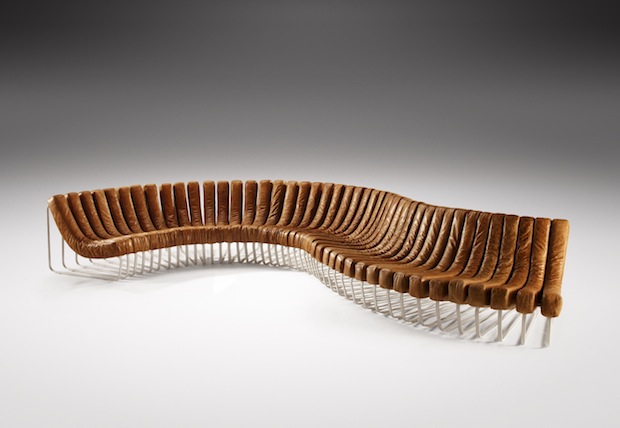
No stranger to Design Indaba (he was a speaker at the 2007 conference) or the South African design scene, since Martin formed his namesake company in 2002, he’s become one of the country’s most successful contemporary furniture designers. Over the week I spent in Cape Town, it was difficult not to sit upon or be illuminated by one of his designs. His slinky Songololo Sofa, inspired by Ueli Berger’s classic sectional, graced both the recently completed 15 On Orange luxury hotel and the stage for this year’s conference.
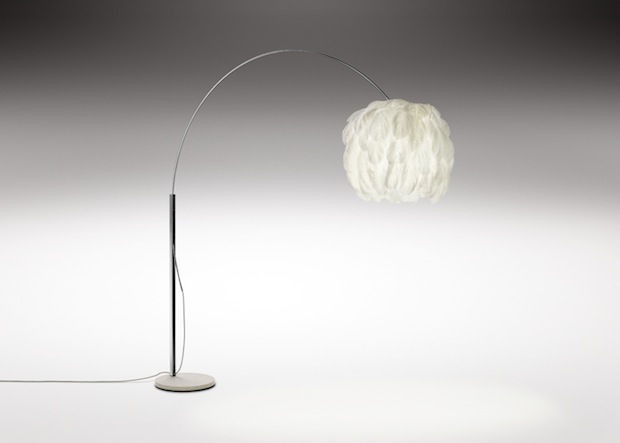
Martin’s Fiela Feather Arc Light, an airy homage to Castiglioni’s Arco, also graced the lobby of the new hotel. Designed in 2007, Martin named the lamp after the Dalene Matthews book “Fiela se kind,” which takes place in the same ostrich farming district from which the shade’s feathers are sourced.
After returning from Design Indaba, we looked further into Martin’s developing oeuvre. Check out a couple more projects after the jump.
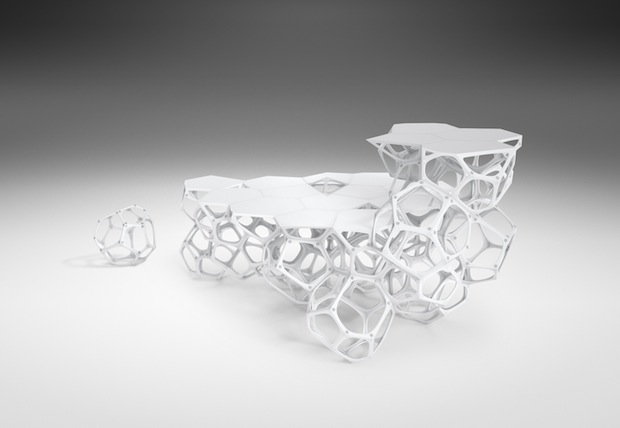
The product of thousands of hours of sketching, computer rendering and modeling, Martin unveiled his Polyhedra Modular Coffee Table at last year’s expo (watch a video of his Pecha Kucha talk here). The project draws inspiration from a multitude of systems in nature and mathematics.
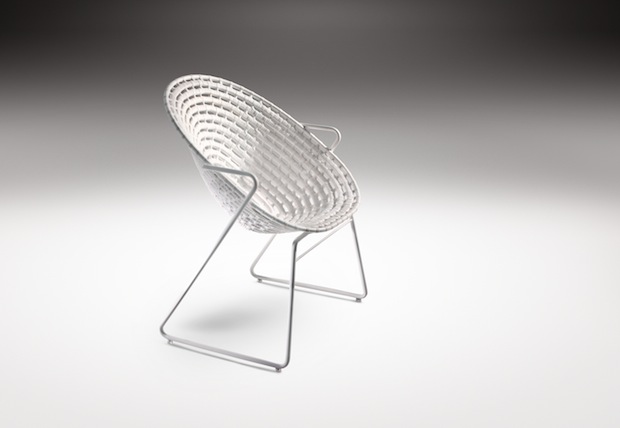
Possibly Martin’s most well-known design, the Zulu Mama chair was inspired by an inner search for the mother archetype. A marriage of craft and technology, the designer developed the nurturing form of the woven seat with a rural craftswoman in Limpopo and later translated it into extruded plastic. The process of creating the Zulu Mama marked a pivotal moment for Martin and featured prominently in his 2007 presentation, called “Design with a Conscience.” Watch the clip here.
